
About the Program
The Alcohol Training Program is an Institutional Research Training Program funded by a T32 training grant from the National Institute on Alcohol Abuse and Alcoholism. The program supports the training of predoctoral and postdoctoral fellows in basic science, translational, and clinical research on alcohol problems as they are related to neuroscience and behavior. Intertwined with the Waggoner Center for Alcohol & Addiction Research, our program provides state-of-the-art research training with a diverse and highly collaborative group of faculty members from seven research units (Behavioral Neuroscience, Clinical Psychology, Molecular Biosciences, Neurology, Neuroscience, Pharmacology-Toxicology, and Psychiatry) and four graduate programs (Cellular and Molecular Biology, Neuroscience, Pharmacology-Toxicology, and Psychology). Research areas include cellular and animal models as well as human subjects research across a breadth of innovative approaches including molecular biology and genetics, bioinformatics, cellular imaging, electrophysiology, neuroanatomy, neurochemistry, pharmacology, human imaging, and behavior.
Eligibility: Trainees must be U.S. citizens or permanent residents.
For more information and details about application procedures, contact Dr. Kim Nixon, Training Grant Director.
See other programs across the nation:
https://www.niaaa.nih.gov/major-initiatives/institutional-research-training-programs
T32 Program Events
Visit the T32 Events page to learn more about the many events hosted by the Alcohol T32 program.
Alcohol Training Program Faculty

Kim Nixon
Director, Professor/Pharmacology
Novel mechanisms of target identification and drug discovery for alcoholic neuropathology

Jorge Almeida
Professor/Psychiatry & Behavioral Sciences
Neuroimaging research focusing on the use of functional Magnetic Resonance Imaging (fMRI) to investigate biomarkers of disorders
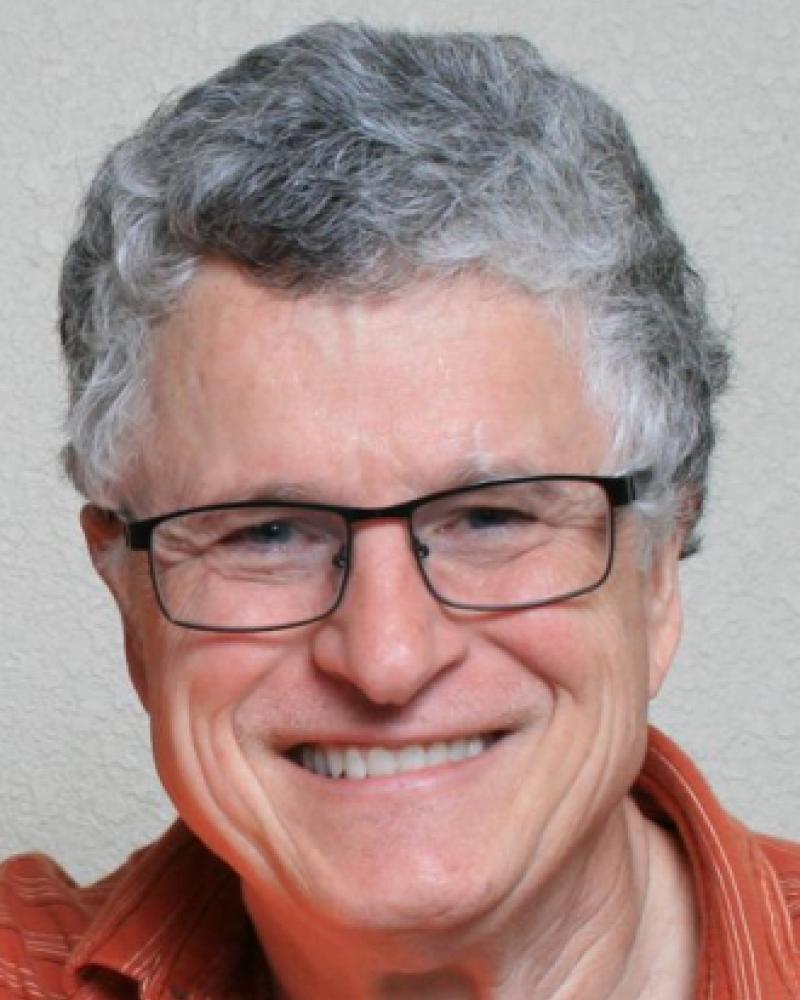
Nigel Atkinson
Professor/Neurobiology
Molecular and genetic mechanisms of alcohol effects on ion channels in Drosophila

Anton L.V. Avanceña
Assistant Professor of Health Outcomes
Understanding the health, economic, and social consequences of alcohol misuse and evaluating treatments, and population-level interventions that reduce the burden of alcohol use.
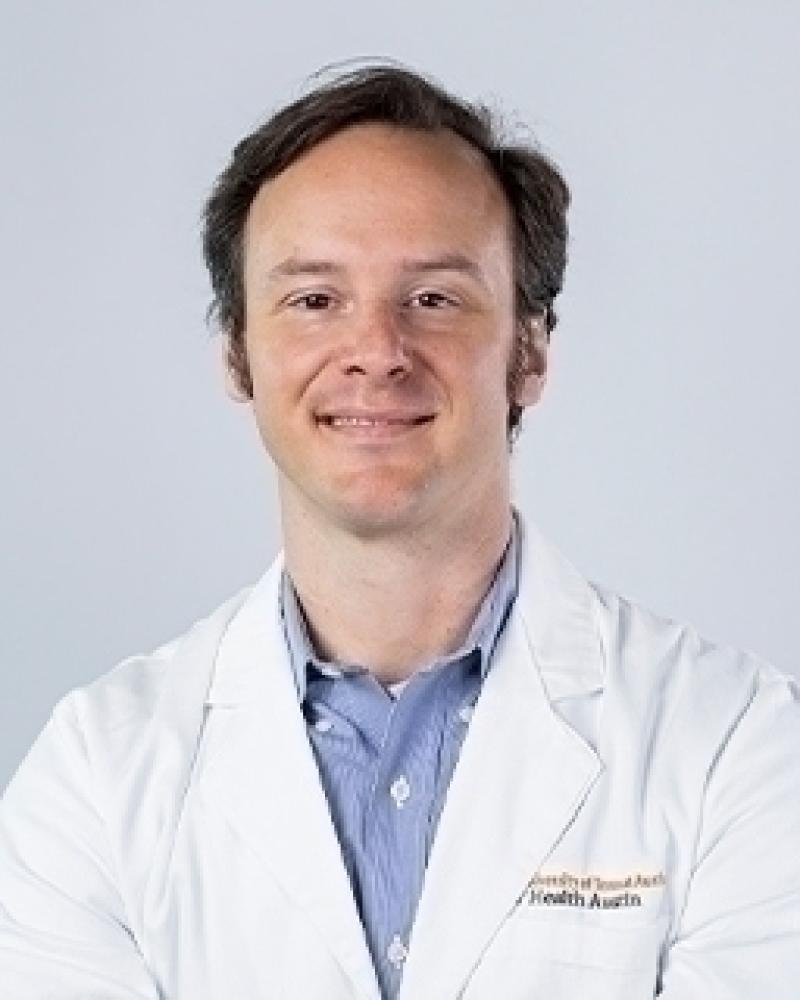
Josh Cisler
Associate Professor/Psychiatry and Behavioral Sciences
Specializes in the treatment of PTSD and other traumatic stress-related symptoms in adults, primarily using treatment modalities of exposure therapy and cognitive behavioral therapy
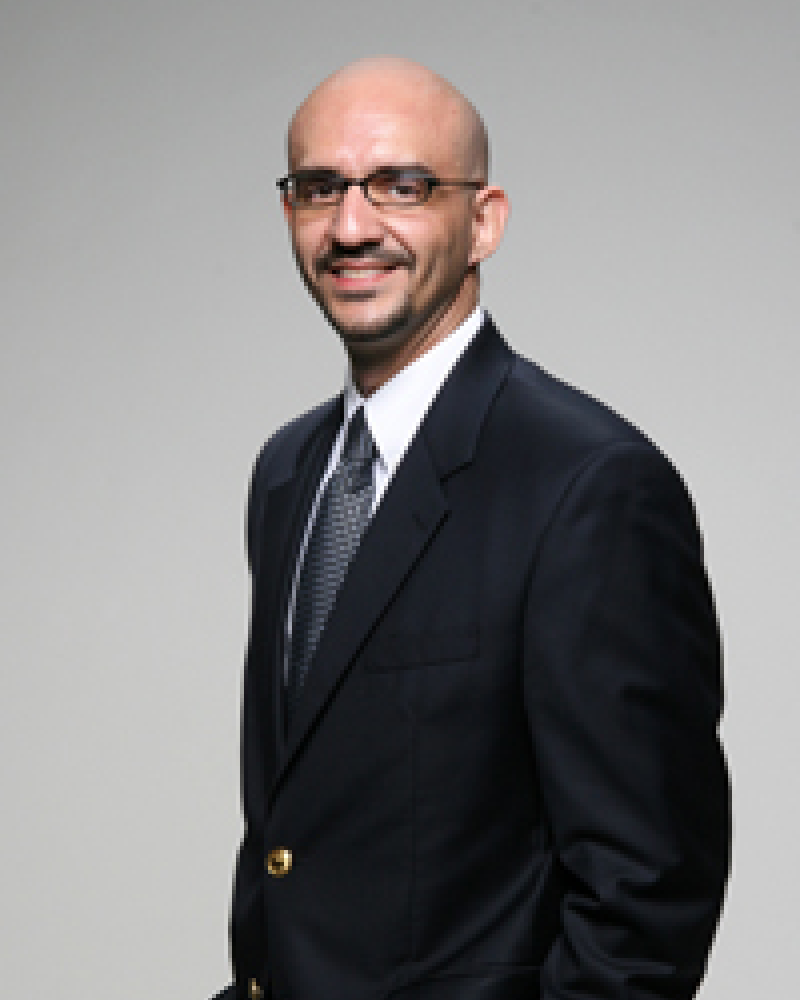
Juan M. Dominguez
Professor/Psychology
Neural-endocrine regulation of motivated behaviors and associated disorders like addiction
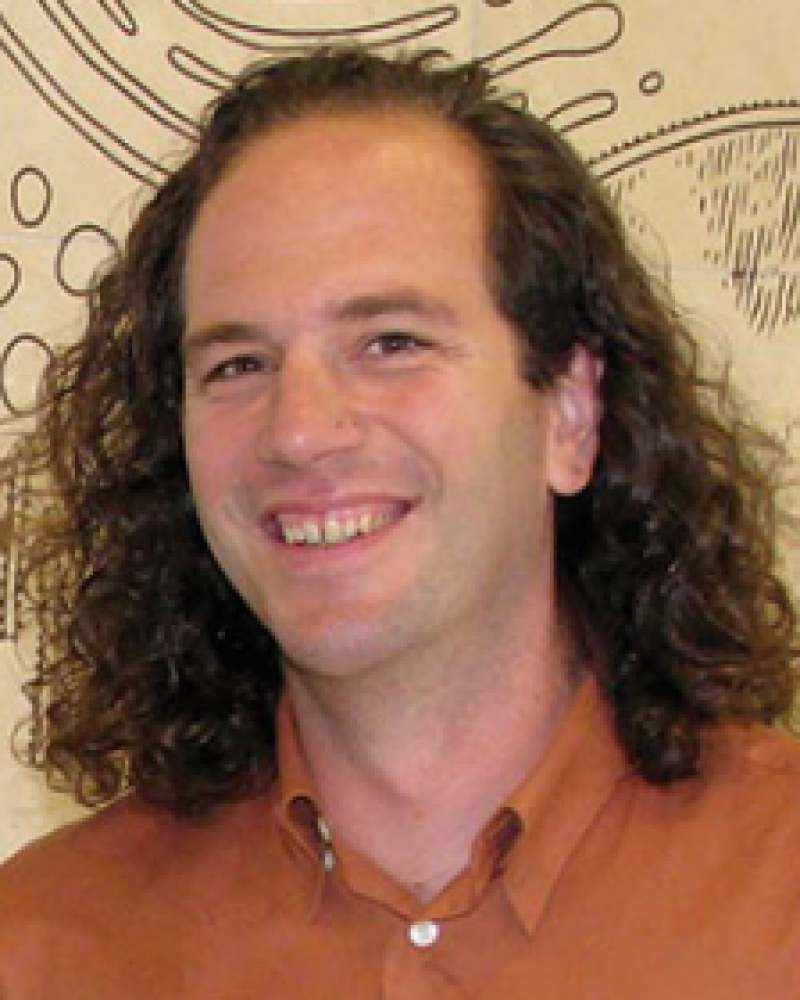
Johann Eberhart
Professor/Molecular Biosciences
Analyzes crest cell behavior in zebrafish, looking not only into the signaling pathways involved in cell behaviors, but also the genetic and environmental modifiers mediating these behaviors
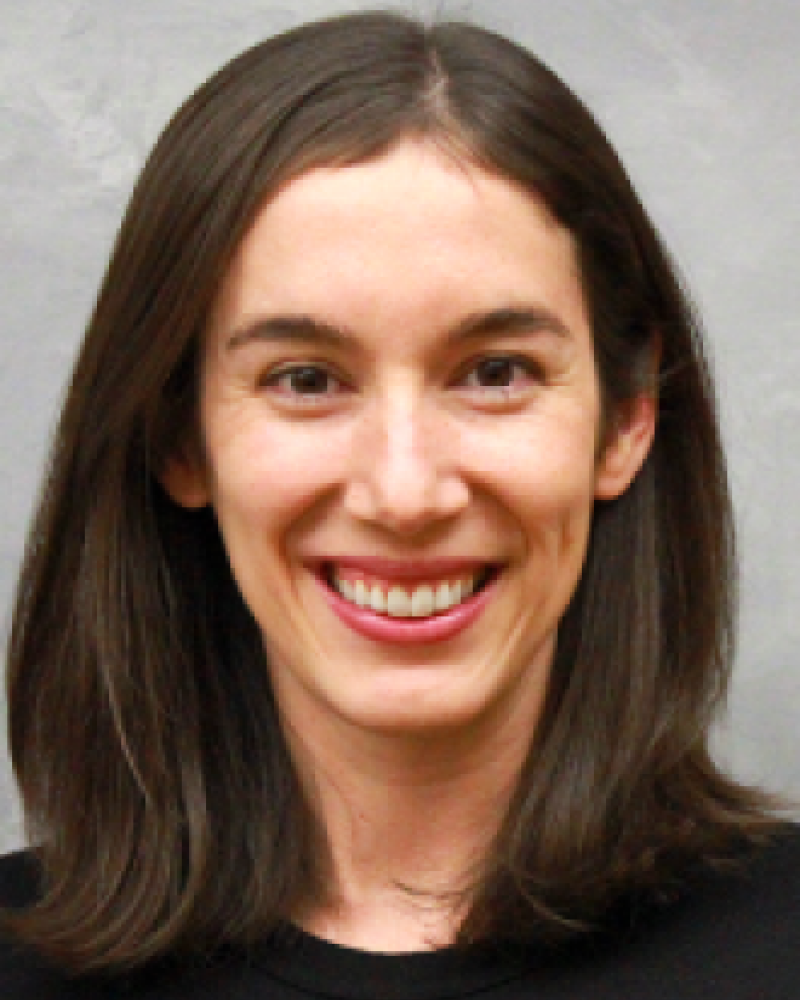
Laura Fonken
Associate Professor/Pharmacology
Circadian and neuroimmune interactions of alcohol use
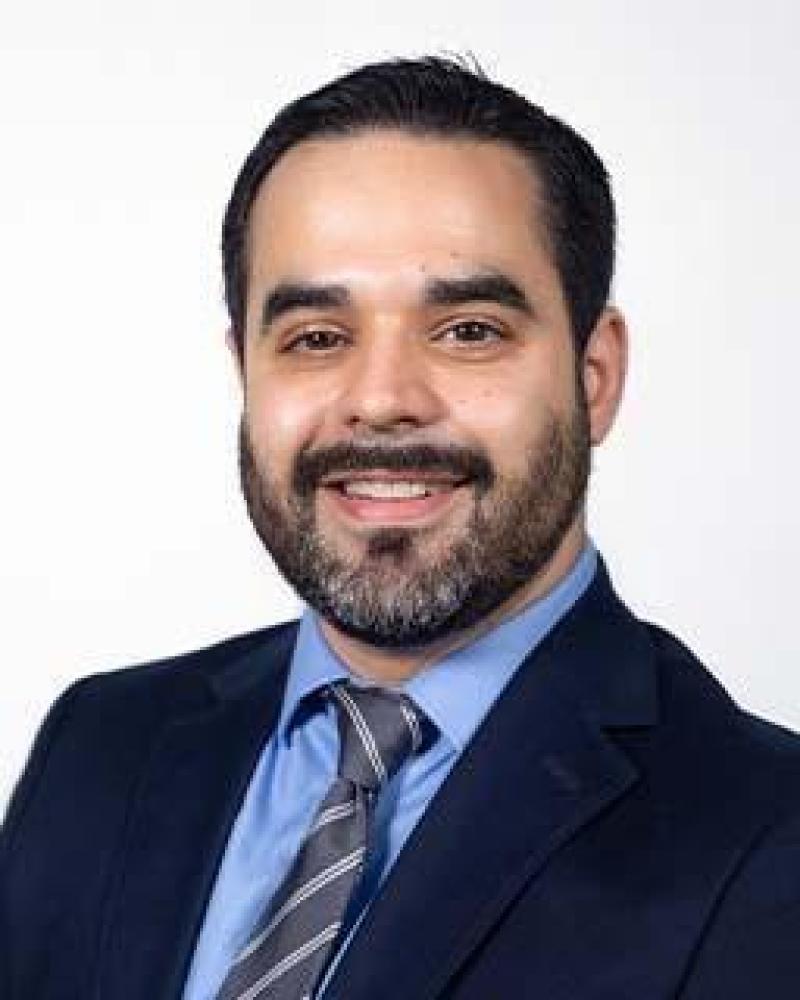
Greg Fonzo
Assistant Professor/Psychiatry
Understanding mechanisms of affective disorder psychopathology and treatment

Deborah Jacobvitz
Phyllis L. Richards Endowed Professor in Child Development
Mechanisms through which children’s early family experiences come to influence later health and well-being

Hongjoo (Joanne) Lee
Professor/Psychology
Roles of amygdala-dopamine systems in learning and memory

Elizabeth Lippard
Associate Professor/Dell Medical School, Psychiatry
Understanding neural systems related to risk, onset and early disease progression in affective and alcohol use disorders

Regina Mangieri
Assistant Professor/Pharmacology & Toxicology
Examining how ethanol exposure and/or neuroimmune signaling pathways regulate cellular physiology and synaptic transmission in the brain

Michela (Micky) Marinelli
Associate Professor/Neuroscience
Understanding the biological bases of addiction

R. Dayne Mayfield
Research Professor/Waggoner Center for Alcohol and Addiction Research
Identification of molecular mechanisms of alcohol action using genomic and proteomic approaches
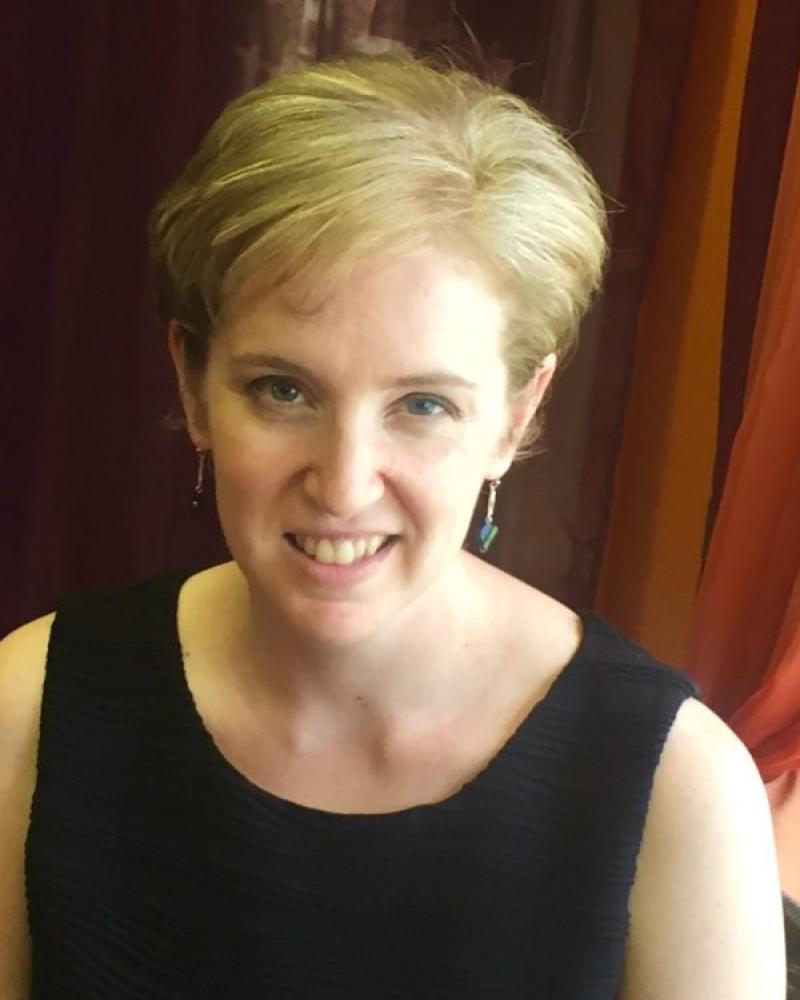
Esther Melamed
Assistant Professor/Neurology
Alcohol’s role in neuroinflammation in multiple sclerosis

Robert Messing
Professor/Neurology
Identification of drug targets and strategies that could lead to new treatments for substance use disorders

Hitoshi Morikawa
Associate Professor/Neurobiology
Neurophysiology of the brain reward circuit and drug addiction
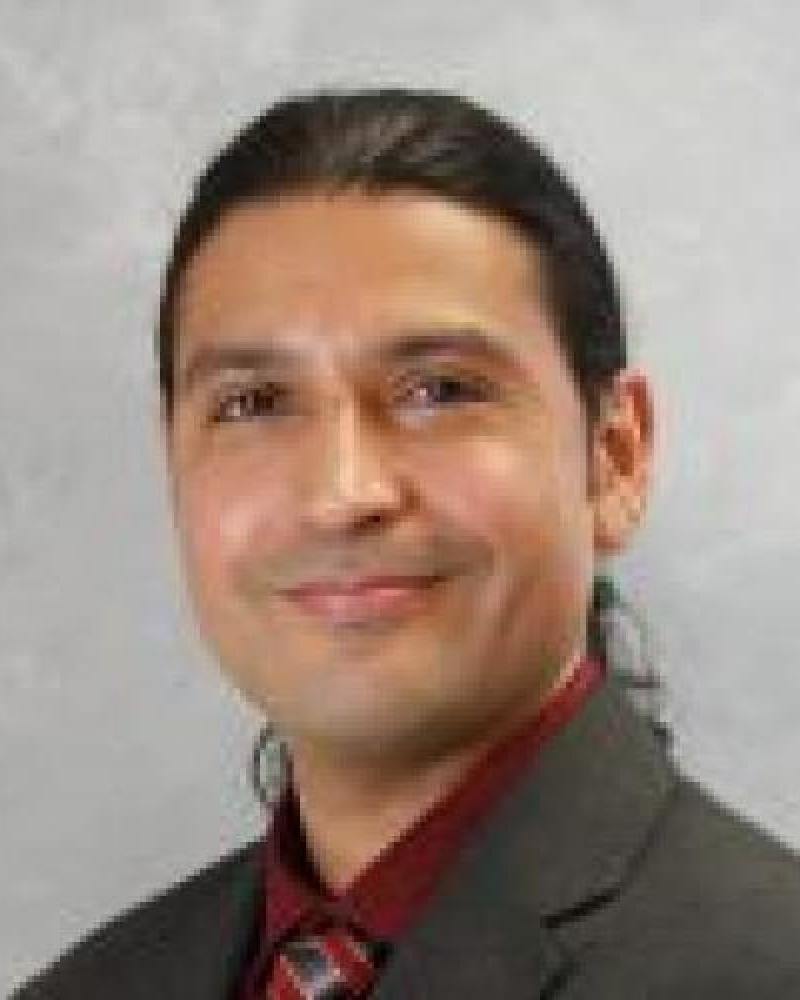
Luis Natividad
Assistant Professor/Pharmacology
High-throughput analyses of the neuroproteome to gain insight on the mechanisms of drug and alcohol addiction
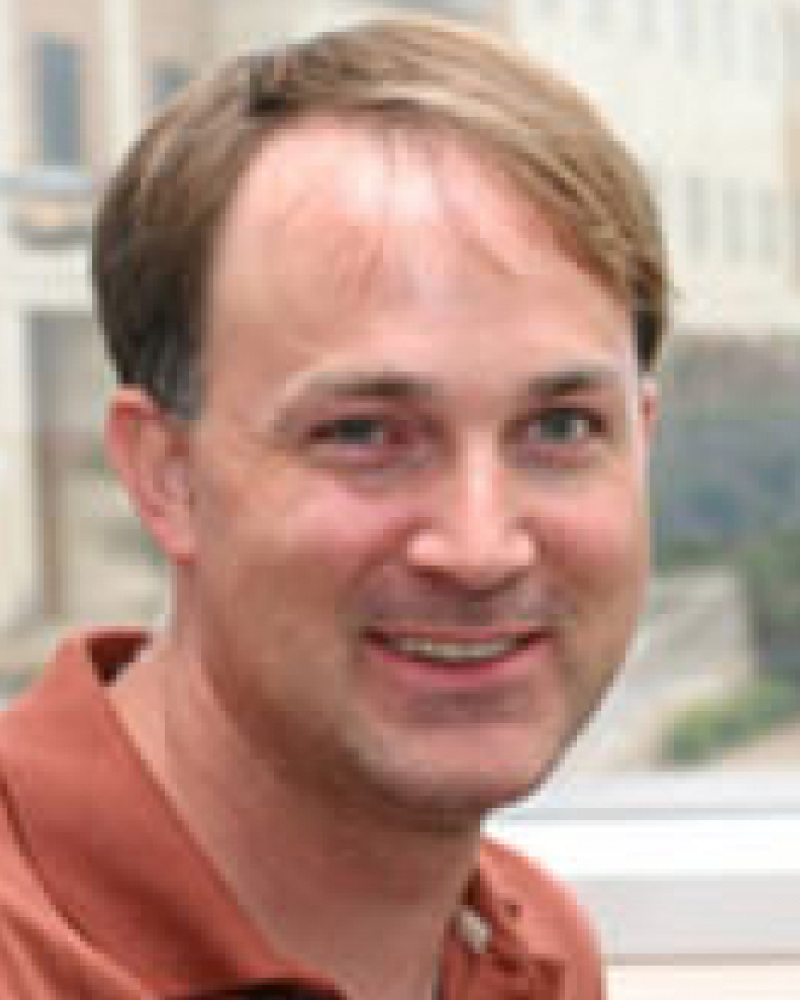
Jon Pierce
Professor/Neurobiology
The underlying causes and potential cures for Down syndrome and Alzheimer’s disease, and how drugs such as ethanol and anesthetics affect the nervous system

